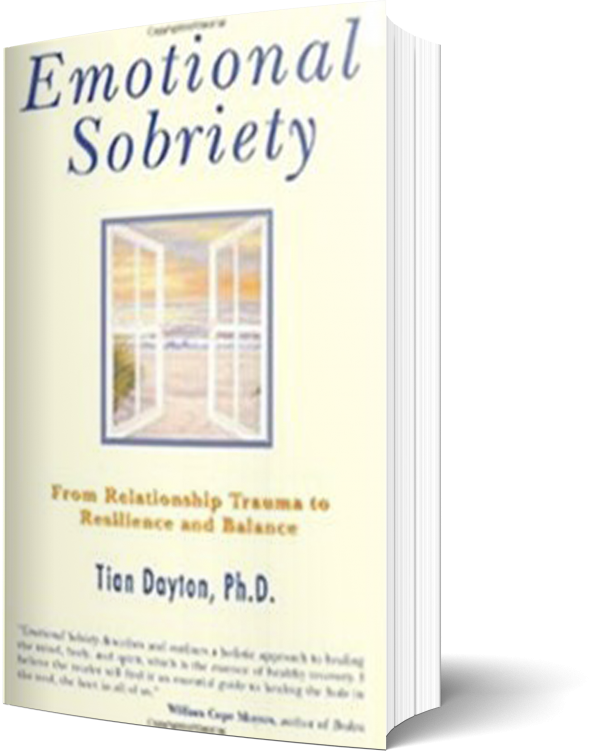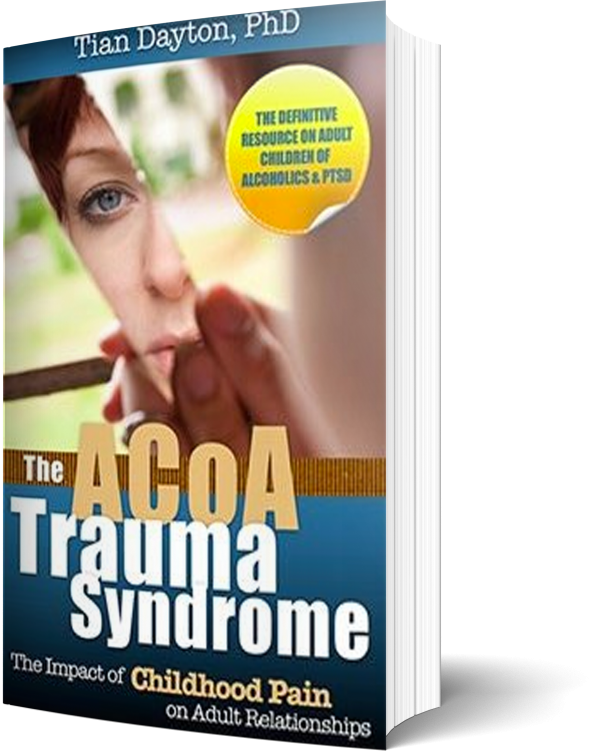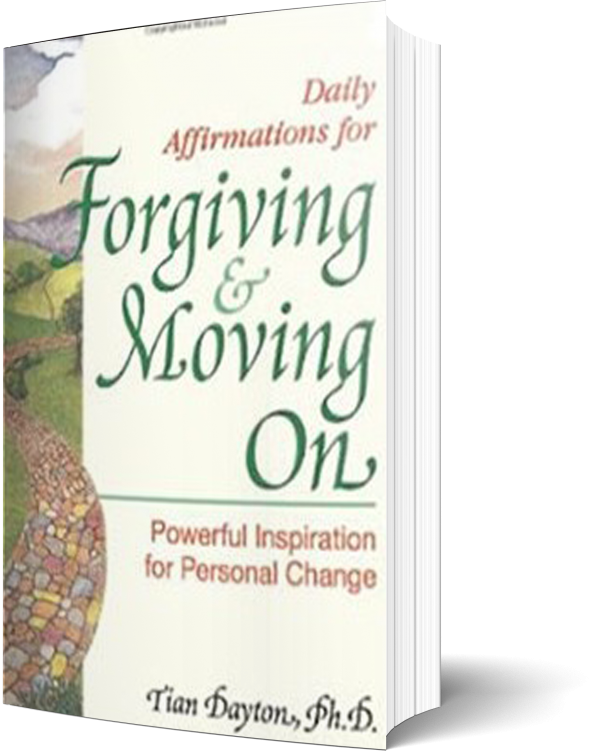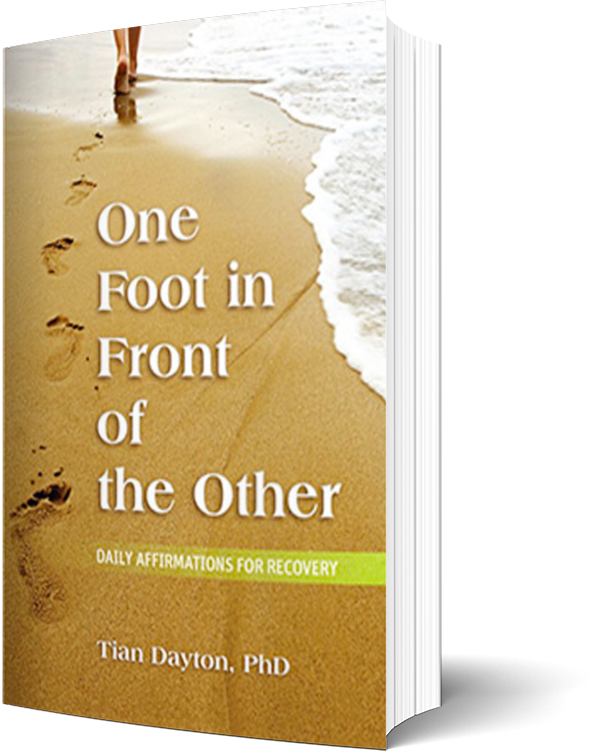Much attention and most governmental funding streams have been and continue to be focused on the addict. The addict has the problem; the addict needs to get better. The country is still however, only beginning to catch on to the devastating and long-term impact that growing up with addiction has on children, and what that experience does to the most vulnerable and dependent among us.
Children of addiction (COAs), grow up carrying deep personal wounds and relational distortions that continue to impact their lives long after they leave home. They become grown-ups who look big on the outside but carry hurt little people inside of them. They become what is known in the vernacular as adult children of addiction or ACoAs. Remember the “inner child” work that was so popular in the eighties and even the nineties? It caught on like a grassfire because it called to these “inner children” and validated a sense of loss that they carried in silence and even secrecy.
One of the more mind-bending aspects of growing up with addiction, whether it is to alcohol, drugs or even some of the process addictions such as sex, work or eating is that reality becomes distorted. There is so much secrecy about the denied, shameful activities on the parent level, that kids start to question their own sense of reality. They don’t dare ask questions like, “is Dad drunk, is Mom’s constant eating normal, do all parents work so much that their children never see them, what is going on with Dad and these younger women” etc. Questions like this often lead to more denial that makes the child feel even more confused and crazy and they start to doubt their ability to comprehend “normal”. Kids see and sense one thing, but are told it is their imagination. Or they get into hot water for asking, they get told that they have “sharp tongues” or that they are “always looking for trouble”. Or worse, the damn breaks and there is, yet again, another fight. The focus goes off of the problem and onto the person who is trying to bring it up; namely, the questioning and perplexed child. The real issue gets denied and buried and in it’s place come a swarm of recriminations and obfuscations.
I interviewed Polly McCall, LCSW, an addiction specialist and individual and family therapist in New York City, who has been working with ACoA issues for over 30 years to get her clinical insights on the subject. Polly not only outlines the issues involved with ACoA recovery, she also gives some very useful advice on how to deal with them.
Tian: Why do COAs “guess at what normal is”?
Polly: “Kids sense that what is going on in their family is not good. But then they think that maybe it isn’t that bad or other adults would step in or their parents would do something about it. And they are very careful about getting angry as it is unclear what will happen—will things get worse? They can’t easily ask the kind of questions that would relieve their minds and give them information because they fear what might happen if they do. If you carry around a feeling of being abandoned by the parents you love and need and you’re rejection sensitive then you can’t ask those questions because you have to stay attached all costs. Even if it’s not a healthy attachment, it’s the only one you’ve got. So they stuff their feelings and the distortions continue because they don’t feel comfortable checking out what they are feeling and sensing with their parents.”
Tian: How does this anxiety manifest in their daily lives?
Polly: Kids begin to try to cure/change their parents by being super good kids—they become parentified. They take on family emotions and jobs they are too young to do, they try to fill in where their parents aren’t functioning well or they become little parents of siblings or even parents of their parents. So as adults they tend to try to over-please others. Both COA’s and ACOA’s may feel anger toward parents but often turn it toward themselves…they worry that they are inadequate or not good enough.
Tian: So what happens when these kids grow up and leave home?
Polly: Homes that feel unsafe make it difficult for kids to feel safe leaving. Often they stay over-attached and miss opportunities in the real world whether those opportunities are in the work world or the world of intimate relationships.
Also the distortions that are needed for alcoholic families to keep thinking things are ok, to maintain the “status quo”, make it very difficult when ACoAs move into the adult world and start to make decisions. ACOA’s struggle with whether or not they are seeing things right, they worry, “will I make the right decision”? They are not sure what normal really looks and feels like. And because of the “no talk” rule they worry that asking others even normal questions might be too aggressive, so they stay silent. They fear they’ll get in trouble the way they did as kids. If they ask for what they want or need, they question whether or not they are seeing things correctly or being too demanding.
Tian: How does this play out in their present?
Polly: Because ACOA’s kept trying to make their family well they need to be very careful when a situation in their current life brings up memories of the past so they don’t reenact them in their present. This is where “repetition compulsion” comes in. Are you playing out an emotional situation in your current adult life that mirrors how you were with your parents? This is an attempt to re-do—make right the original source of your pain, to try to correct it, “if only this person would do what I want, maybe this time”!
ACOA’s can have low tolerance in their adult lives for people who do not agree with them. They get angry, feel rejected and become more controlling. They believe control will help them, they’re angry they could not control their sad, chaotic, childhoods and their parents, which can be a real stumbling block.
Tian: A stumbling block when trying to have mature, comfortable relationships? Is this some of what gets triggered for ACoA’s in intimacy? And if so, how do you get over it since one of the characteristics of trauma is that the past is experienced as if it is happening right now!
Polly: Your parents disagreeing or not listening to you needs to be left in the past. ACoAs need to develop the capacity without getting anxious or fearful of listening to other’s ideas and agree to disagree when necessary. Learn to be flexible. Learn to accept that you might be wrong as we all are sometimes.
Tian: One of the characteristics of PTSD is that we remain glued psychologically and emotionally to problems from the past that feel unsolvable. Our mind keeps looking for a solution and feeling pain from the past as if it is still happening in the present. Consequently ACOA’s tend to be anxious and often have repetitive ruminations, we analyze, scrutinize and go over and over and over again, those relational dynamics that felt so confusing and painful. Our sense of hurt, helplessness and resentment gets intertwined and we get lost in our own circular thinking. We also project this unresolved and unconscious pain from the past into our relationships in the present, both intimate and non intimate, whether in work, politics or our own families. And we project it with an emotional stamp all over it that says “UNSOLVABLE” so we just keep engaging in and recreating emotional tangles that feel unsolvable. And some families carry their damage for a life time and have a hard time connecting with each other in comfortable ways as adult siblings and parents. Many ACoA’s manage to solve those problems within themselves and create happy lives, others do not, for those who stay stuck, why does this pain have such long lasting traction?
Polly: The brain stores memories particularly the painful or traumatic ones and they pass into the unconscious. But the brain does not know time or place, so as an adult a memory can be easily reactivated by experiences in life that are reminiscent of the original hurt.
The feelings I see most often in ACOA’s are:
· A sense of sadness and loss.
· Hunger for love and protection.
· ACOA’s harbor a private shame around this sense being unlovable.
· As they move into the adult world they often feel helpless and alone. Alcoholic families did not talk, so ACoAs are reluctant to talk and ask questions and be pro-active. And they have a habit of managing pain on their own so they resist getting help from therapy and Alanon and suffer alone.
Tian: Can you summarize the advice you give to your clients as they move through these ACOA issues, Polly?
WORK ON BASIC TRUST
· ACOA’s have great trouble with basic trust. We hope kids will be raised in an atmosphere of trust but ACOA’s generally aren’t. You note that something is upsetting—your parent disagrees. You say Mommy is drunk—your parent disagrees (she is just sick, tired, stressed out). So kids develop the idea that sometimes you can trust and other times you can’t and also that your observations are confusing. Nobody can trust 100% but closing down in fear will mean a life of little intimacy.
BE BRAVE
· Learn to ask questions particularly in the workplace if you don’t understand something. ACOA’s often see questioning as aggressive. It is not. They are just questions. Kids learn by asking questions and you were most probably not given that opportunity. Ask questions of partners in a respectful way.
· Talking and resolving conflict is the hallmark of a good relationship. Practice, practice, practice.”
MAKE INFORMED DECISIONS:
· Try to examine all sides of a decision. Try to talk it over with someone. ACOA’s need to learn that no human makes a right decision each time. Learn to deal with the anxious feelings that trail and error produce. Time and practice will free you from alcoholic family fears and distortions and will give you confidence in the process.
DON’T ACT OUT
· Don’t act out: Try very hard not to get rid of the fear or anxiety with a compulsive action: overeating, overspending, sex, drinking. Instead work it through, learn to tolerate some emotional pain. It will pass; breathe, meditate, exercise or talk it through. You are not the helpless fearful child you once were.
BEWARE
· Check along the way whether you are becoming an alcoholic. Every ACOA I have ever had in therapy has said…”I would never drink like my mother or father…I hated their alcoholism and it caused great damage to my life” . ACOA’s believe this revulsion will keep them safe…WRONG. I said that too and went on to be a much worse alcoholic than my mother. Whatever decade you are in, if you are genetically loaded , you must keep your drinking under close supervision and maintain total honesty around it. Chart your drinking year to year. Have 2 glasses of wine become 4? We don’t know when the switch will flip and you may begin to crave alcohol. Accept that you are not a normal drinker because of genes. Watch very carefully that your alcoholism has not been activated.
· One of the best things an ACOA can do is drink very little (includes other drugs too). Limit your use. Don’t relay on alcohol to enjoy parties, or have good sex or to feel confident.
DETACH WITH LOVE
· It is essential and the ultimate freedom to realize that your parents are “hopeless”. By that I mean they may never be able to change to fully connect with you in a way that would fill the hole you feel. In dealing with this, first look at the rage that produces inside of you—feeling helpless and unable to get your parents to change. If you can accept that they can’t or won’t and LET GO, if you can stop saying in other words “if I were better or if I said it differently they could change” you will get some relief and emotional detachment. Accept the REALITY—they could not do it….they could not meet many of the needs of you as a child. Let it go. You were probably a wonderful kid and your parents were too distracted by addiction or their own problems to be really connected and empathic to your needs. Figure out how to understand that hole in your heart and fill it with love of self and commitment to want to trust and love another.
· Alanon is a great help in letting go and detaching with love, the people in those rooms have gleaned wisdom over three quarters of a century of learning and growing. Accepting the reality. Moving on. So is therapy—find a therapist who understands the alcoholic family and start talking about yourself and your feelings.
· DEVELOP SKILLS TO CALM YOUR NERVOUS SYSTEM
Breathe: learn to do a deep breathing technique when anxious—here is a really good one that WORKS
Inhale thru the nose for a count of 4
Exhale through the mouth for a count of 8
Repeat 4 times to start
Later you can do a few cycles of 4 times
Meditate and become mindful: Learn to meditate so if earlier trauma comes up you can at least calm your brain and body down. Then analyze what set off your fear.
Tian: Any last thoughts?
Polly: Being an ACOA is a lifetime journey, by understanding what happened to you in your family of origin and that you are out of that place and able to see reality and to cope, you can get free of a painful legacy. Bad feeling will pop up as the brain does not know time and place and trauma gets reactivated. But you can develop “decoding tools”. I call it “taking the hit” and then figuring out how to cope using your new tools. You develop the power to understand. The effect of these “hits” will diminish over time, and you are prepared to deal with them when they do arise.
Share these reactivated moments of fear or rejection with a friend or partner. Do not let them twirl around inside or suffer in silence. Let them go.
And there is great hope! Know yourself, know your talents, what you like to do. Know what being in your family produced for you emotionally and MOVE ON. Deal with reality. Don’t deny feelings or push them inside. YOU can still have a really nice, open loving life even if your parents were not or are not able to have one, or to fully appreciate you, or to move into sobriety. GRAB LIFE!

To learn more visit NACoA at www.nacoa.org
“You provide the heart: NACOA provides the help”





